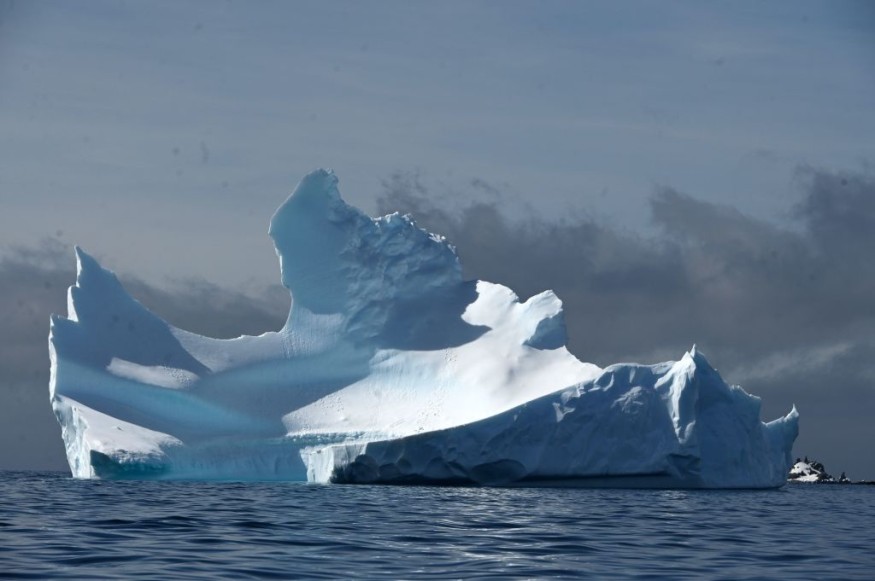Ice ages have been described as a prolonged period of extreme cold where temperatures turn to freezing levels, and water turns into ice, which Earth underwent several times since our planet's formation 4.6 billion years ago.
In modern times, the global climatic events have been associated with various theories and hypotheses concerning their origins and end.
However, some of the these approaches are conflicting with one another, and with a recent theory, was entirely ruled out.
In a new study by scientists from Austria and Germany, it was found that the long-held Ice Age Hotspot Theory was not consistent with latest ice age models.
As a result, the scientific team dismissed the theory, particularly its theoretical underpinning that an equatorial belt consisting of warm water was responsible for fostering life during the planet's ice age.
The debunking of the theory comes from its fundamental argument that multi-cellular life could have been preserved in unfrozen equatorial waters, while the rest of the planet remains frozen.
Instead, the scientists inclined to the side of the so-called Snowball Earth hypothesis, which has a different point of view on ice age.
Ice Age Hotspot Theory

In the new study published in the journal Nature Geoscience on June 9, researchers from the Vienna University and the Karlsruhe Institute of Technology concluded that the hotspot of warm water from the equator has likely never existed.
The conclusion also led to the development of the Snowball Earth hypothesis.
This came after geological evidence in active tropical glaciers near sea level during the Neoproterozoic Era (1 billion to 541 million year ago) showed that the global ocean was completely covered in ice, including the waters along the equator.
Scientists were able to determine such finding after analyzing multiple global weather models during the Cryogenian period (720 to 635 million years ago).
The scientists were reportedly surprised to find that the model, which supports the idea that there was an existence of such a water belt, does not match with the Ice Age Hotspot Theory, according to Christoph Braun, as cited by Newsweek and provided by Zenger News.
Snowball Earth Hypothesis
Following the discovery, there is a potential rise of the Snowball Earth hypothesis as the next dominant ice age theory, at least in the eyes of the new study's researchers.
The experts from the meteorology department and geophysics department from Vienna University confirmed that the Snowball Earth hypothesis, which suggests that the Earth's surface was either entirely or almost blanketed by ice.
The hypothesis explained this may have occurred within a certain timeframe of the Cryogenian period, particularly sometime before 650 million years ago.
Published in the Dartmouth undergraduate Journal of Science in May 2010, Dartmouth College in the United States posted a research article about the said hypothesis, calling it the "Snowball Earth Theory of Global Glaciation."
The institution explained that it was derived from the evidence on the presence of glacial deposits worldwide, indicating the world became frozen from pole to pole.
While the earliest evidence of life was recently found to start 4.2 billion years ago, scientists believed the events within the Snowball Earth Theory may have been a significant factor for the occurrence of the Cambrian explosion.
© 2025 NatureWorldNews.com All rights reserved. Do not reproduce without permission.





